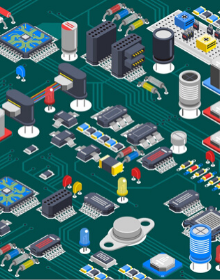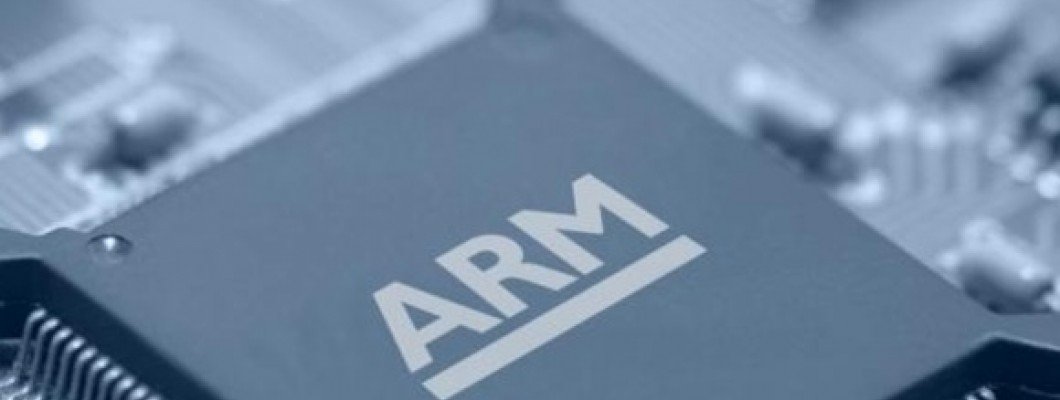
Descriptions
The Final goal of this program is to give in-depth knowledge of 32bit
Microcontroller by using ARM Architecture with their programming so that
professional can work on Real Time Projects like Smart Automation, Smart
Building, Smart Agriculture, Smart Logistic s & Transport .
Eligibility
Working Professional/Graduated
Pre-requisites
Knowledge of Electronic component and C language programming.
Features
Knowledge of Electronics hardware design
Knowledge of C language programming
Knowledge of ARM
Knowledge of Personal experience of working with live project
Curriculum
Section
1: Introduction to Embedded System and Digital World
1. Brief History
- First Embedded Application
- Different Microcontroller Architectures
- Different kinds of Microcontrollers
- Applications
- Market research
- Growth Rate
3. Digital number system
- Introduction of Various Number Systems in Digital World
4. PIC 8-bit microcontroller’s
architecture
- Introduction of 8 Bit Microcontroller
Section
2 : Introduction to Microcontroller
5. Classification of
microcontrollers
- 4-bit, 8-bit, 16-bit, 32-bit
- Package Structure
- Market Scenario on the basis of types of Controllers
- Importance of 32-bit Microcontrollers
- Introduction to ARM
- Difference between ARM & MIPS
- Brief description of ARM Family Microcontrollers
- Introduction to ARM Cortex M Series (M0 & M3)
- Description of STM32Fxxx Microcontrollers (STM32F0xxx & STM32F1xxx)
7. Basic architecture
description of STM32Fxxx
- Pin Diagram
- Memory Organization
- SFRs description
8. Introduction to general
Microcontroller terms
- Program Counter
- Accumulator (or Working Register)
- Reset
- Clock Cycle, Machine Cycle, Instruction Cycle
- Interrupts
- SFRs & GPRs
- Stack, Stack Pointer, Stack Operation
9. Brief introduction to
internal features
- General Purpose Input-Output PORTs
- Interrupt
- Timers
- Analog to Digital Convertors
- USART
- EEPROM
- Device Protection features – Watchdog Timer, BOR, Power up Timer
Section
3 : Detailed Description to Development Tools
10. Keil V4 or Keil V5
- Introduction to Keil IDE
- Making Project on Keil IDE
- Compiling a Sample Program to Understand Process
11. Description of GPIO of
STM32Fxxx microcontroller
12. Port techniques and general
mapping techniques
13. Description to general Port
SFRs
14. Detailed description to
STM32Fxxx discovery kit
15. Introduction to programming
environment of STM32Fxxx on Keil V4
16. Demonstration of LED program
on STM32Fxxx kit
Section
5 : Embedded C Programming of GPIO and basic Internal Peripherals of Controller
17. LEDs
- LED Introduction
- LED Interfacing with Microcontroller
- LED Patterns programming
18. Linear Switches
- Introduction to Switches
- Interfacing of Switches with Microcontroller
- Switches Programming
19. Seven Segment Display(SSD)
- Introduction to SSD
- Types of SSD(CC & CA)
- Internal Arrangement of Segment LEDs in SSD
- Introduction to logics to display Numeric values on SSD
- Interfacing of SSD with Microcontroller
- Programming concept of SSD
- Different SSD Programs
20. Keypad Matrix
- Concept of Keypad Matrix
- Interfacing of Keypad with Microcontroller
- Programming Concept of Keypad Matrix
- Programming Practice
21. Multi Seven Segment Display
(MSSD)
- Concept of MSSD
- Interfacing of MSSD with Microcontroller
- Programming Concept of MSSD
- Programming Practice
22. Liquid Crystal Display (LCD)
- Introduction to LCD
- Types of LCD (Character & Graphical)
- Introduction to Character LCD & its Types
- Introduction to LCD Driver IC(HD44780) & Character LCD Module
- Introduction to Pin Diagram of Character LCD
- Interfacing of Character LCD with Microcontroller
- Description of Character LCD Commands
- Programming Concept of Character LCD
- Practice of Character LCD Programs
23. Timers/Counters
- Understanding the Timer/Counter Concepts
- Introduction to Timer0 & Timer1 Concepts
- Introductions to Timer SFRs and their access
- Programming concept of Timers to Generate delays
- Practice of various delay programs
Section
6 : Programming of Advanced Internal Peripherals of STM32Fxxx Controller
24. Analog to Digital converter
- Introduction to ADC Process
- Need of ADC
- Types of ADC
- ADC Resolutions & Relation between Vin & Digital Output
- Introduction to PIC internal ADC and its SFRs
- Programming Concept of ADC
- Practice of Different ADC Programs
25. Universal Asynchronous
Receiver Transmitter(UART)
- Introduction to Serial & Parallel Communication
- Introduction to Synchronous & Asynchronous Communication
- Introduction to UART and its SFRs
- Programming concept of Serial Transmitter & Receiver using UART
- Practice of UART Programs
26. EEPROM Features
- Introduction to Internal EEPROM of PIC16Fxxx
- Description of EEPROM SFRs
- Introduction to Writing/Reading concept to/from the EEPROM
- Programming concept of EEPROM Writing & Reading
- Practice of EEPROM Programs
27. Interrupts
- Introduction to Interrupt
- Polling Vs. Interrupt
- Types of Interrupts(Mask able & Non-Mask able, Internal &
External)
- Description to Interrupt Logic Diagram of PIC16Fxxx
- Introduction to SFRs related to Interrupts
- Programming Concept of Interrupts
- Practice of Interrupt Programs
Section
7 : Programming of advanced communication protocols (12C,SPI,RS485 etc.) of
STM32xxx controller
28. Introduction of
communication protocols
- Data Transmitting and Receiving Sequence with Block Diagram
- Data Read/Write Sequence with External device
- Introduction to related SFR’S
- Programming Concept with peripheral library
Lab Work


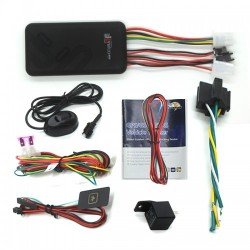
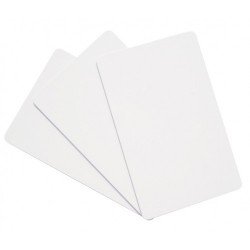
-751x500-250x250w.jpg)
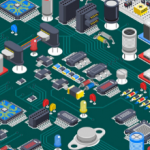
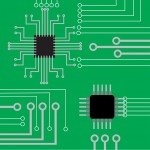
-150x150h.jpg)
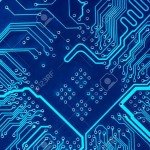

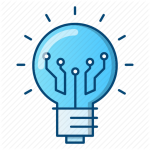
-150x150w.png)


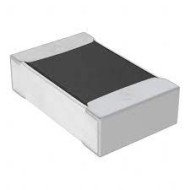
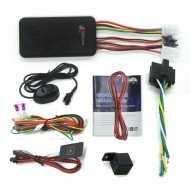
-751x500-190x190w.jpg)
